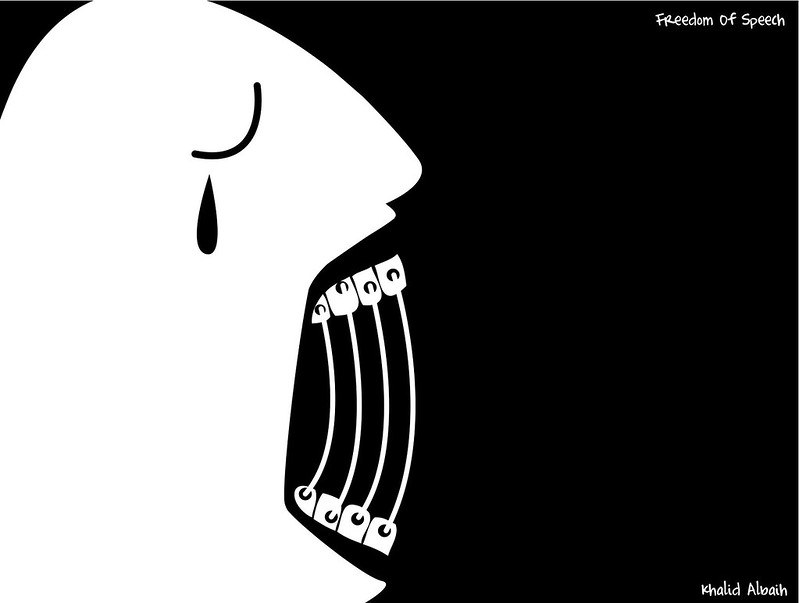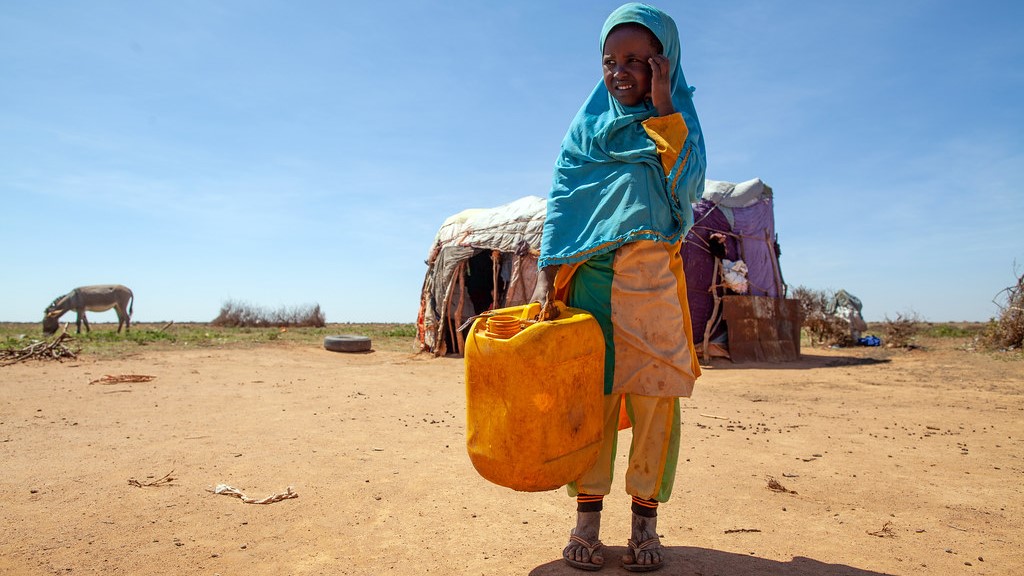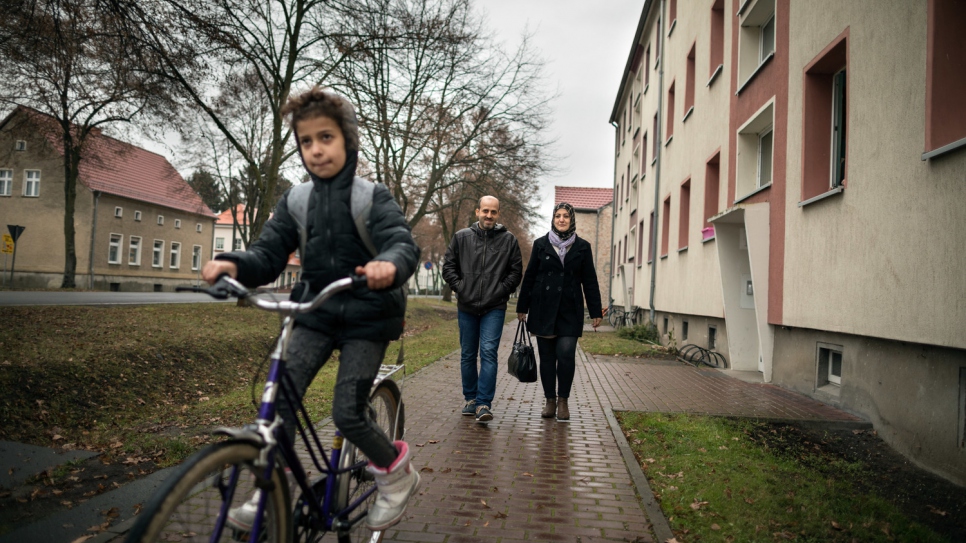MSc Development Management student Julia Schulze argues that UNRWA’s current funding crisis threatens essential services for Palestinian refugees and calls for a reassessment of funding mechanisms within the UN system.
The United Nations Relief and Works Agency for Palestine Refugees (UNRWA) is currently facing a significant funding crisis, with several donor countries suspending their contributions. This action followed allegations that 12 out of UNRWA’s 30,000 staff members were involved in the attacks on Israel on October 7. In response, UNRWA dismissed nine implicated staff members and initiated an independent investigation. Despite these measures, the decision to cut funding has been widely criticized, including by UNRWA’s chief, Philippe Lazzarini. He argued that sanctioning the entire agency based on the actions of a few individuals, especially amidst the humanitarian crisis in Gaza, is irresponsible.
The International Response
The response from the international community to UNRWA’s funding crisis has been varied. While countries such as the United States, Canada, Australia, Britain, Germany, Italy, the Netherlands, Switzerland, Finland, Estonia, Japan, Austria, and Romania have halted their funding, nations like Ireland and Norway have continued their support, showcasing a different approach to dealing with the agency’s issues. Their continued support highlights the varied responses from international actors to the challenges faced by UNRWA and underscores the importance of sustained humanitarian assistance irrespective of political concerns. Yet, this divergence in responses highlights different international actors’ stances toward the challenges faced by UNRWA. UN Secretary-General António Guterres has urged countries that have suspended funding to reconsider their decisions to ensure the continuity of UNRWA’s vital operations. He emphasized that the actions of a few staff members should not lead to penalizing the entire workforce of UNRWA, who serve in some of the most challenging humanitarian conditions.
The Gravity of the Situation
The gravity of the situation is encapsulated in the words of Mr. Sufi, the former head of UNRWA’s legal affairs team, who stated, ‘By losing their funding, the agency is basically losing any means to operate’. The funding suspension threatens to disrupt UNRWA’s essential services to millions of Palestinian refugees within the next weeks, exacerbating the ongoing suffering and displacement in Gaza. This crisis is not just a financial predicament for UNRWA but also a reflection of the broader issues within the UN system related to donor dependency. It demonstrates the precariousness of relying heavily on voluntary contributions and the potential for such reliance to undermine the stability and effectiveness of UN agencies. The situation with UNRWA serves as a pivotal example of the need for a more sustainable and diversified funding model that can insulate critical humanitarian operations from political and diplomatic fluctuations.
UNRWA, established in 1949, holds a unique mandate compared to other UN agencies. It is specifically tailored to provide assistance and protection for Palestinian refugees, offering essential services like education, healthcare, social services, and emergency relief, mainly in the Gaza Strip, West Bank, Jordan, Lebanon, and Syria. The current crisis in Gaza, exacerbated by conflicts and blockades, further underscores the critical role of UNRWA. The agency plays a vital part in providing basic services and emergency aid to a population facing severe hardships. According to UN Secretary-General Antonio Guterres, UNRWA is ‘the backbone of all humanitarian response in Gaza‘.
The Critique of Donor Dependency
While this crisis calls attention to the necessity of maintaining rigorous standards of conduct and robust internal governance structures within UN agencies, at the heart of this crisis is the issue of donor dependency that is maintained through the current UN system. It underscores the instability and imbalance that can arise in humanitarian operations due to the reliance on voluntary contributions from member states. These cuts raise serious concerns about the ability of humanitarian organizations to provide continuous, reliable services to populations in dire need.
Already in 2022, the CMI report highlighted donor dependency and the associated uncertainties such as donor fatigue as critical issue that has been a long-standing challenge for UNRWA. Unlike the mandatory funding for the core UN budget, member states can selectively choose which agencies to support, leaving agencies like UNRWA highly vulnerable to political shifts and governance concerns of donor countries. This selective funding mechanism leads to situations where life-and-death decisions for millions of refugees hinge on political decisions made in Western capitals. It’s a striking contrast: while agencies like UNRWA grapple with providing essential services amidst dire humanitarian crises, their fate is often determined by political considerations far removed from the realities on the ground. The funding cuts to UNRWA, influenced by various political motives and misconduct allegations, exemplify this precarious dependency. These cuts not only jeopardize the agency’s ability to deliver continuous, reliable services but also highlight the absurdity of critical humanitarian aid being subject to the ebb and flow of political tides in donor countries.
The UNRWA funding crisis serves as a stark reminder of the fragility of the current aid system and the urgent need for reform. It highlights the necessity of moving towards a sustainable funding model that provides stability and continuity to humanitarian operations, irrespective of the changing political landscape. The crisis calls for a recommitment to the principles of humanitarian aid, focusing on addressing the needs of the most vulnerable, shielded from political agendas and fluctuations in international relations.
The views expressed in this post are those of the author and do not reflect those of the International Development LSE blog, the London School of Economics and Political Science, or the European External Action Service. The blog is based on the author’s dissertation.
Image credit: Sign of the area office of the United Nations Relief and Works Agency for Palestine Refugees in the Near East (UNRWA) in Tyre/Sour, Southern Lebanon. Source: https://commons.wikimedia.org/.





